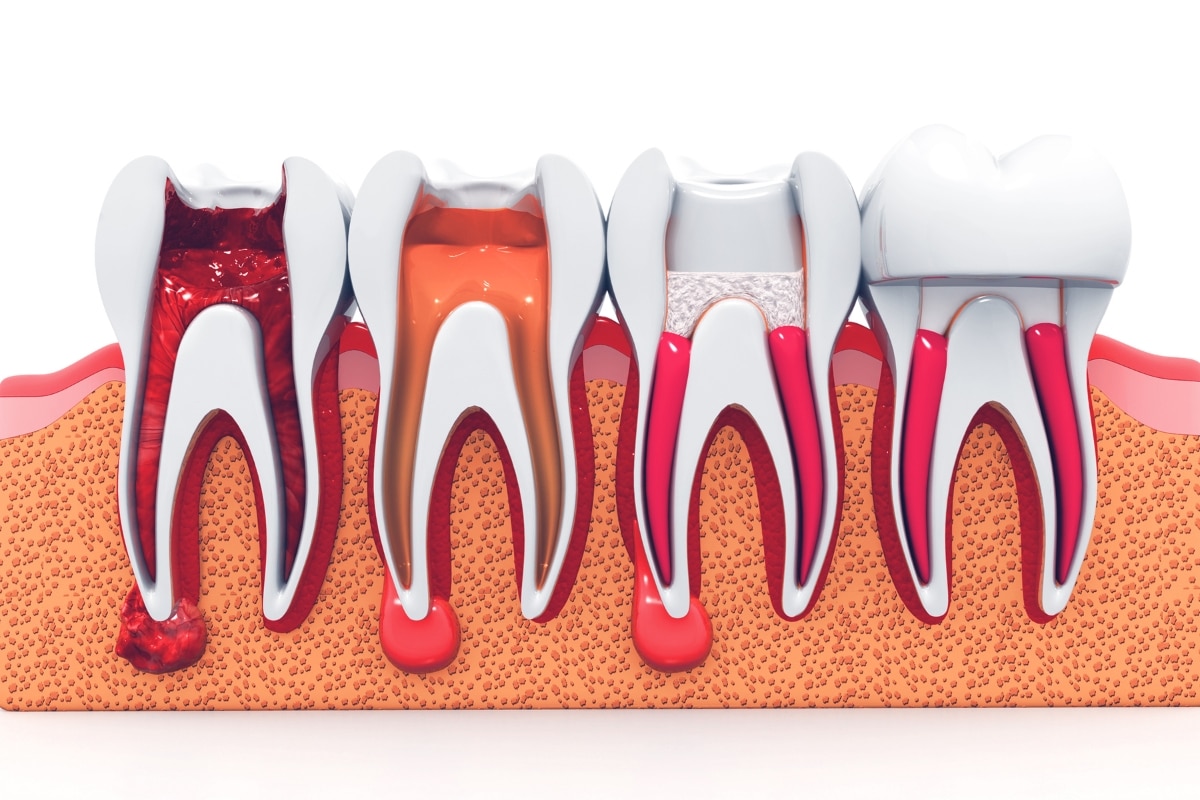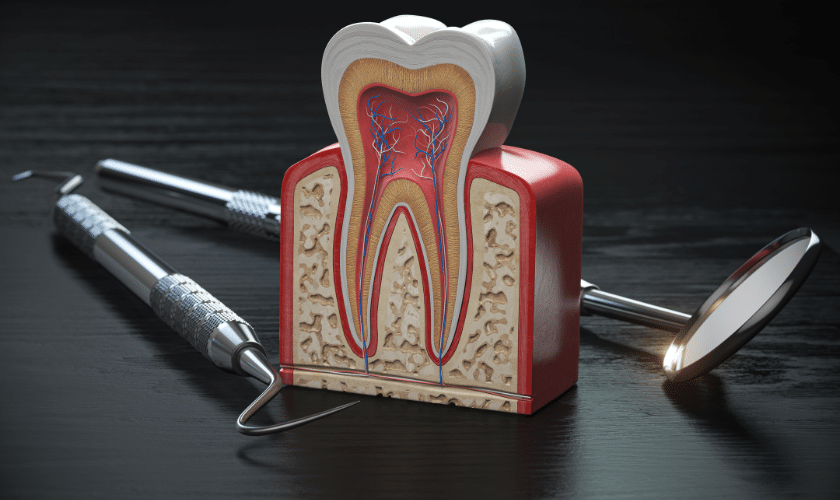
A root canal is an important procedure in dentistry that is aimed at saving an infected or damaged tooth. However, many people end up asking themselves after the procedure: How can I take care of my root-canaled tooth in order for it to last as long as possible?
You have gone to the trouble of saving your tooth, so it certainly makes sense that you want it to remain healthy. Let’s take a closer look at the ways you can maximize the lifespan of a root canal and keep that tooth in good condition for many more years.
Proper Oral Hygiene: The First Step to Success
Root canals are meant to save your tooth, but like all dental work, they require proper maintenance. Keeping your teeth clean is the first step in longevity. Brushing and flossing twice a day will prevent the growth of plaque around the treated tooth. Such plaque can cause the emergence of bacteria, which could damage the health of the tooth and the surrounding gums.
A good quality toothbrush and fluoride toothpaste will help to clean all surfaces of the tooth, including the crown, which is often placed after the root canal. Don’t forget to gently floss around the root-canaled tooth to remove food particles that can contribute to gum disease and decay.
Keep Up with Regular Dental Visits
Regular checkups are important to the health of your root-canaled tooth. Be sure to visit your Toms River dentist at least twice a year. During routine exams, your dentist can monitor the condition of your root canal and look for signs of infection or decay around the treated tooth.
Your dentist may recommend X-rays to check that the root canal is sealed appropriately. If your tooth is vulnerable to reinfection, early detection gives you time to intervene before the issue becomes more serious.
Use a Night Guard if You Grind Your Teeth
Grinding your teeth at night is destructive to any tooth, but particularly to one with a root canal. Bruxism, or grinding, often puts excessive force on the tooth that may result in fractures or even failure of the root canal.
A custom-fitted night guard will protect the tooth from the stress of grinding. By wearing a night guard, you help extend the life of a root canal and maintain the strength of your tooth.
Avoid Hard Foods and Teeth Staining Habits
After a root canal, avoid chewing on hard things such as ice, nuts, or hard candies, as this can put extra stress on your treated tooth. The crown placed over your root-canaled tooth should restore full function, but it is still important to protect it from unnecessary wear and tear.
Also, do not smoke and limit your intake of staining substances, such as coffee or red wine, as these can stain teeth. These habits can also promote periodontal disease, which may compromise the success of the root canal treatment.
Address Problems Immediately
At the first sign of any type of discomfort, pain, or swelling near the root-canaled tooth, seek help immediately. These could be signs of reinfection or a problem with the sealant around the root canal. The longer you wait, the higher your chance of further damage, which may mean you will have to undergo additional treatment or even lose the tooth.
If your tooth develops problems, your dentist may retreat it or recommend an additional procedure, such as an apicoectomy, to help remove infection from the root area.
Keep Your Root Canal Healthy for a Lifetime
By following these tips, you can also extend the life of a root canal and keep your tooth functional for many years. In fact, with proper care, your root-canaled tooth can serve you well and save you from additional treatments that could be expensive and very time-consuming.
Need advice on a root canal or looking for a dentist in Toms River for root canal therapy? Our team at North Dover Dental is here to help you maintain your healthy smile. Set up your next appointment today!
FAQs
- Can a root canal last forever?
A root canal can last for many years if you take care of it. With good oral hygiene and regular dental checkups, you can maintain the health of your treated tooth. - What should I do if my root-canaled tooth hurts?
If you experience pain, it’s important to contact your dentist right away. It could be a sign of infection or another issue that requires attention. - Can I eat normally after a root canal?
Yes, but be mindful of the types of food you eat. Avoid very hard or sticky foods that could damage your tooth or crown. - How can I prevent reinfection of my root canal?
Practicing proper oral hygiene, avoiding tobacco, and maintaining regular dental visits are key ways to prevent reinfection.
How do I know if my root canal is failing?
Signs of root canal failure may include pain, swelling, or sensitivity to temperature changes. If any of these occur, seek dental care promptly.








